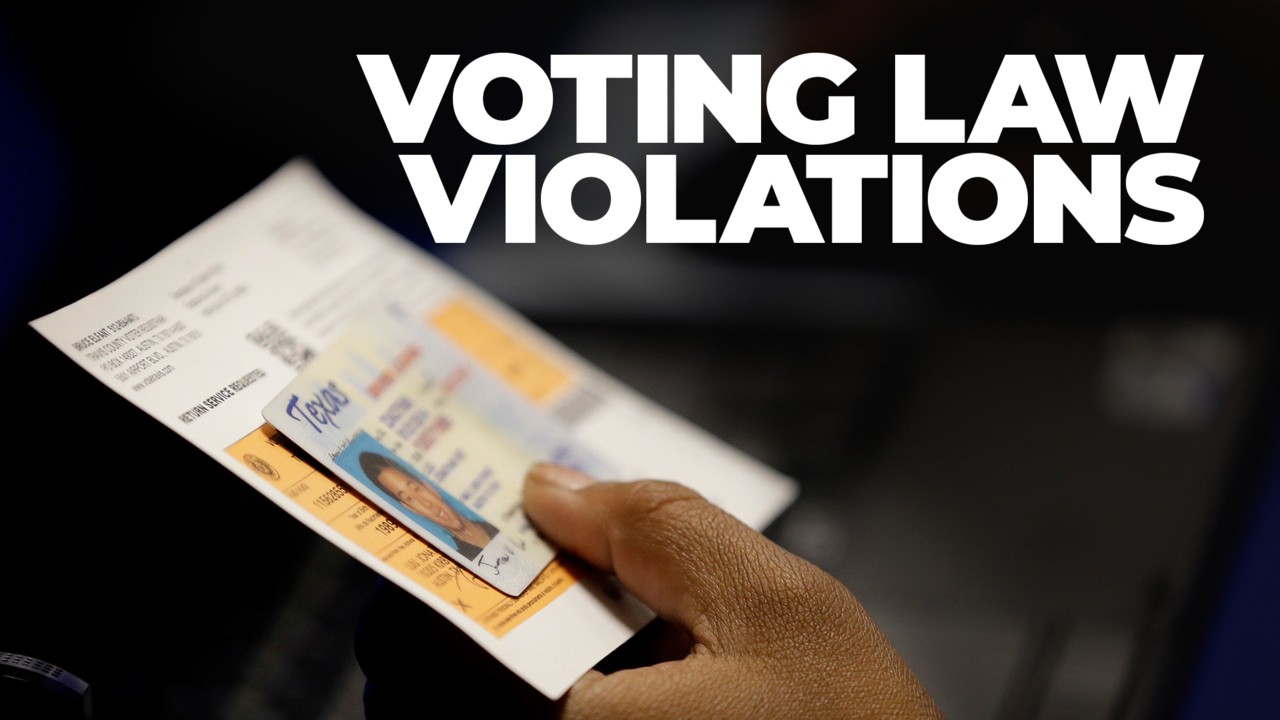
The Justice Department is suing Arizona over a new voting law that requires residents to prove their citizenship to register to vote in federal elections.
The department says Arizona’s law violates both the National Voter Registration Act and the Civil Rights Act.
Proof of citizenship under the state law includes most drivers licenses, a passport, birth certificate, naturalization documents, among other options.
The Justice Department says this law goes against a 2013 Supreme Court decision which stated a very similar Arizona law broke the National Voter Registration Act that guarantees a simple means of registering to vote in federal elections will be available.
The NVRA created a universal federal form that requires people to attest that they are an eligible citizen under penalty of perjury. There’s no documentation needed.
The 7-2 decision was written by the late conservative Justice Antonin Scalia.
Arizona Governor Doug Ducey expressed confidence in the new version.
Governor Doug Ducey, R-AZ says: “We think it’s good legislation, we think it protects the voters. If somebody wants to challenge the legislation, have at it.”
If the Arizona law survives the challenge, it’s set to take effect January 2023. Straight from the Justice Department, I’m Ray Bogan.






